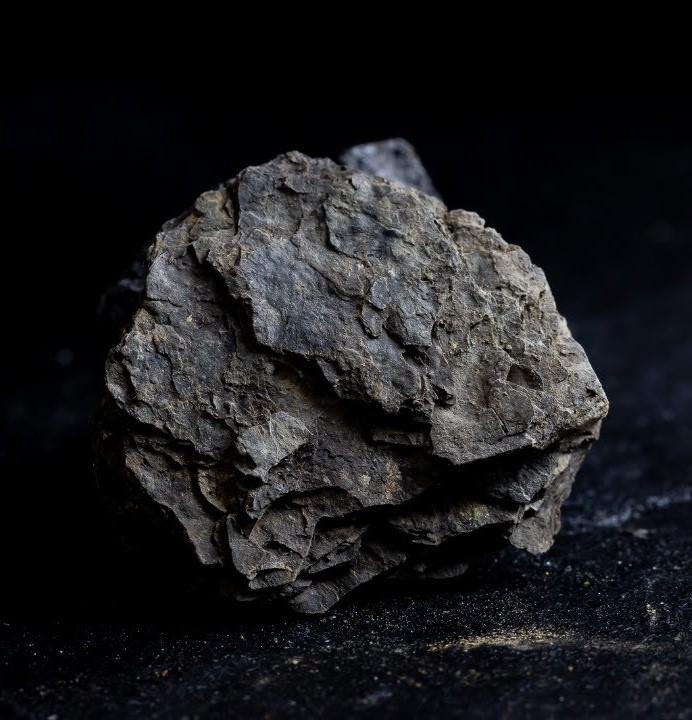

Participants will learn to:
• Select the appropriate capillary pressure measurement method for a set of desired results
• Closure correct a set of mercury/air capillary pressure data
• Fit and analyze capillary pressure data using Thomeer, Leverett-J, and Brooks Corey methods Determine the representativeness of a set of capillary pressure curves within a zone of interest
• Estimate permeability from a mercury/air capillary pressure curve
• Calculate pore throat sizes from a capillary pressure curve
• Create a synthetic capillary pressure curve and estimate the air permeability from a petrographic analysis
• Obtain values for interphase tension
• Convert mercury/air capillary pressure curves to hydrocarbon/water capillary pressure curves
• Determine saturation-height distribution in a single-pore system rock or in a multiple- pore system rock
• Determine irreducible water saturation
• Estimate the length of a transition zone
• Predict downdip water level from partial penetration
• Determine clay-bound water using Klein-Hill-Shirley method
• Compare/contrast capillary pressure data with NMR data
• Determine the maximum column of hydrocarbon that a specific sealing layer can sustain without leaking
Designed For:
Geoscientists, petrophysicists, reservoir engineers, and research and development staff who want to gain fundamental and
intermediate insight into the capillary properties, understanding the fluid contacts, the free water level and hydrocarbon
distribution in reservoir rocks. Participants should have a basic understanding of using Excel to make calculations and plots.
All the exercises and workshops will be completed in Excel.
Outline: Day 1
Fundamentals of Capillarity, Wettability
• Pore Geometry system
• Surface phenomena, capillarity, wettability, and interphase tension
• Capillary pressure applications in reservoir characterization
• Rock properties from mercury/air capillary pressures
• Capillary pressure data representativeness
• Capillary forces in reservoir rocks; their measurement
• Representing / upscaling a large number of capillary curves
• Permeability from capillary pressure curves and petrography
• Saturation-height functions
• Competition between capillary and gravity forces
• Imbibition cap curves
• Interpretation of single and multiple pore system rocks
• Clay-bound water
• Capillary pressure vs. NMR
• Seal capacity
Day 2:
• Capillary Measurements and Data Fittings Methods
• Leverette
• Brooks and Corey
• Lambda
• Modified Lambada
• Thomeer Capillary Pressure Profile Relationship To Pore Throat Distribution
Day 3:
• Capillary Pressure Methods in Core Lab and Lab measurements
• Laboratory Measurement Techniques
• Porous Plate
• Mercury Injection
• Centrifuge o Advantages and Disadvantages
• Examples
• Capillary Pressure Tests o Saturation Height Function
• Models to Height basic concept
• Core PC to SW Height
• PC SW Height Work Flow
Day 4: Introduce Petrophysical, Geological and Reservoir Engineering Rock Types and Flow Units
• Understanding different flow units
• Designing rock typing workflows to meet geological data
• Creating robust facies for the geological model
• Principals of upscaling
• Incorporating rock typing from different scenarios model using Log/Core Pore, perm, pore throat radius
• relationships.
• Pore throat radius as determined in the lab based on mercury injection and predicted from empirical
• techniques (Winland, Pittman, K-PHI Ratio and Aquilera)
• Exercises
Day 5:
• Summary of Capillary Pressure, SHF Models and SCAL Work Flow
• SCAL analysis workflow & 5 advised Tasks o Sw- Height basic concept
• Core Pc to SW-Height
• Pc Sw-Height Workflow o Advised good fit function to measured data
• Example Workflow o J Function
• Lambda Function o Correlate ‘a’ and ' ’ against Rock Quality o Equivalent Radius Function Method ( EQR)
• Rock Quality Controls on Sw-Height Function Validation
• Course Summary & Conclusion
CDGA attendance certificate will be issued to all attendees completing minimum of 75% of the total course duration.
| Code | Date | Venue | Fees | Register |
|---|---|---|---|---|
| GE142-03 | 05-10-2025 | Dubai | USD 5450 |
Providing services with a high quality that are satisfying the requirements
Appling the specifications and legalizations to ensure the quality of service.
Best utilization of resources for continually improving the business activities.
CDGA keen to selects highly technical instructors based on professional field experience
Since CDGA was established, it considered a training partner for world class oil & gas institution
3012, Block 3, 30 Euro Business Park, Little Island, Co. Cork, T45 V220, Ireland
Mon to Fri 09:00 AM to 06:00 PM
Contact Us anytime!
Request Info